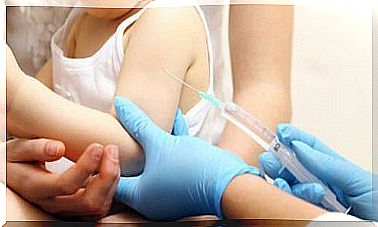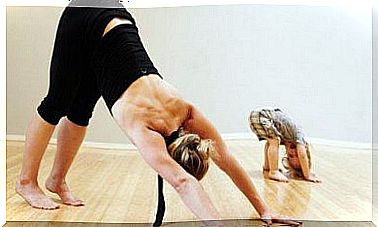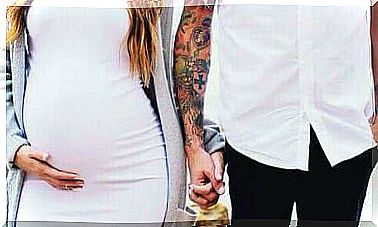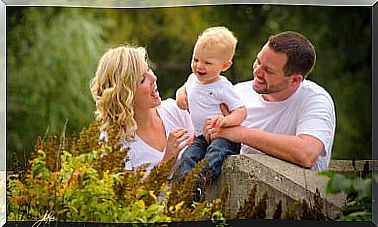The Influence Of Vegan Food On Breast Milk – You Are Parents
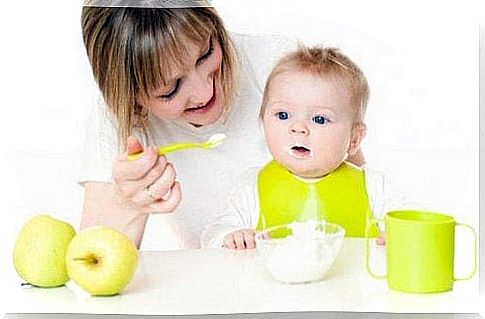
Over time, new forms of food appear. Some women choose to opt for a vegan diet. Vegan diets are often very healthy. However, during pregnancy, one must pay attention to the diet to know if the mother is receiving the nutrients that the baby needs.
The Academy of Nutrition and Dietetics states that vegan eating should be consulted and planned with a specialist. Unplanned feeding could lead to health problems for both mother and child.
Vegan food and breast milk
Like other babies, those who grow up in a vegan family need breast milk for their proper development. This milk must be supplemented with vitamin B12. The child will thus receive the necessary nutrients. Depending on the type of family diet, the baby should also consume iodine.
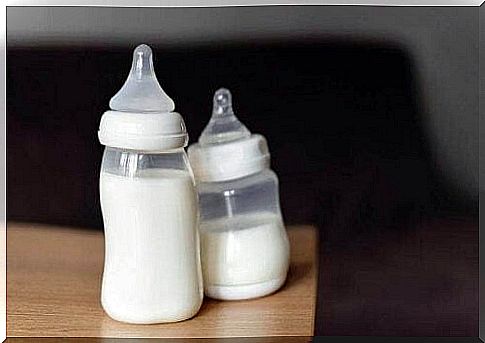
In case the vegan mother is unwilling or unable to breastfeed or needs a supplement, there are soy or hydrolyzed rice formulas available to feed the baby. As another option, we can consider formulas made from cow’s or goat’s milk from an ecological farm.
According to the European Union directives on infant formulas, these meet the criteria required for adequate nutrition. Many vegetarian or vegan families choose them.
Complementary feeding
The AAAAI (American Academy of Allergy, Asthma and Immunology) emphasizes that there is no need to delay the introduction of peanuts, nuts, soybeans and other dried fruits. The child can start consuming it as early as six to eight months.
It is also important to note that certain foods can be used as substitutes. But, what are these foods?
Dried vegetables
Pulses work as the main substitute for meat and fish in the vegan diet. They are rich in protein, iron and zinc. This makes it one of the first foods to include in a child’s vegan diet. In general, they are served with vegetables.
Among the best options for pulses we can distinguish:
- Peeled red lentils. They contain a lot of fiber and are easy to digest.
- You can also incorporate chickpeas and peas but also other varieties of lentils.
Solid
If the baby is old enough to eat them, he can eat more solid foods like hummus (chickpeas), cooked tofu, peas and lentil stews. We can also give them unsweetened peanut butter spread on pieces of banana or bread. And, from time to time, for ovo-lacto-vegetarians: an omelet.
Cereals
As for cereals, it is recommended that they be complete. As a rule, prepared cereals are made with liquefied cereals. In this case, the complex carbohydrate chains are partially hydrolyzed. In 20 to 30% of these products, they are found in its simple form, glucose.
Due to their high sugar content, they are not recommended for babies who consume meat or for vegans.
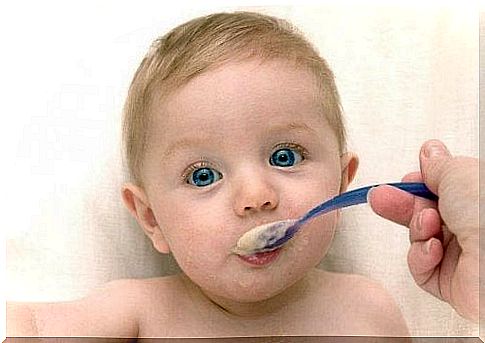
Gluten
According to the Asociación española de Pediatría (the Spanish Association of Pediatrics), gluten must be introduced from 6 months, when introducing complementary feeding. Ideally, wholemeal bread with partially digested sourdough can be given. It is generally well tolerated.
A vegetarian or vegan diet during childhood can be perfectly adequate and offer important health benefits in the medium and long term.
What do the specialists say about the vegan diet?
According to the Academy of Nutrition and Dietetics (AND), the vegan diet can be remarkably healthy. This is conditioned by the fact that it is planned and supervised by experts. In fact, this type of diet is suitable for all life cycles, including pregnancy, breastfeeding and childhood.
Studies affirm that vegan women need regular and adequate sources of vitamin B12 during pregnancy and breastfeeding. This is because vegan mothers generally have very low levels of docosahexaenoic acid.
In short, eating vegan can be healthy. It is nevertheless essential that it be checked by a specialist. The good development of the baby will depend on it.

